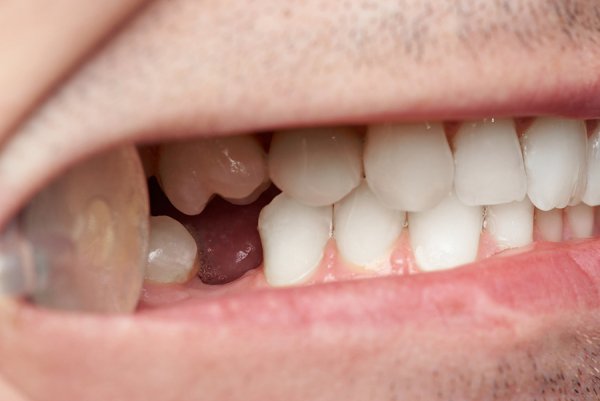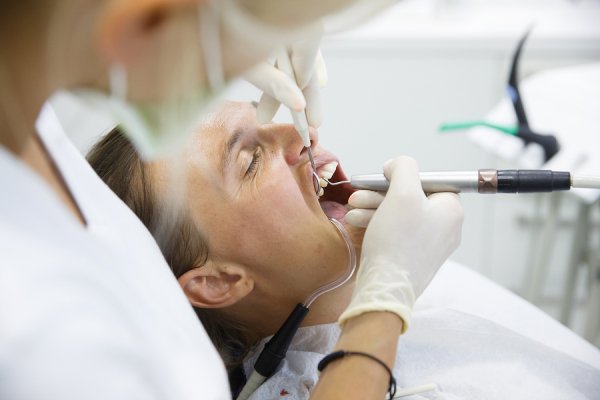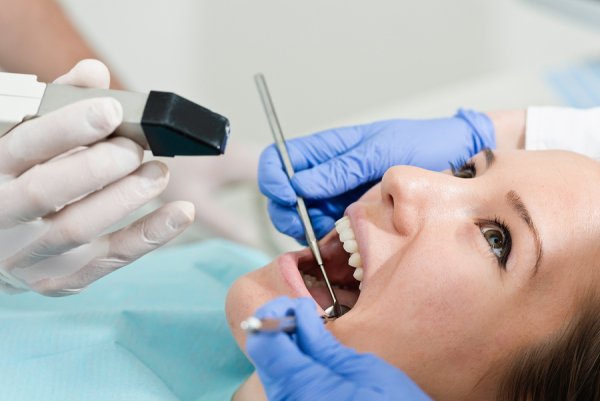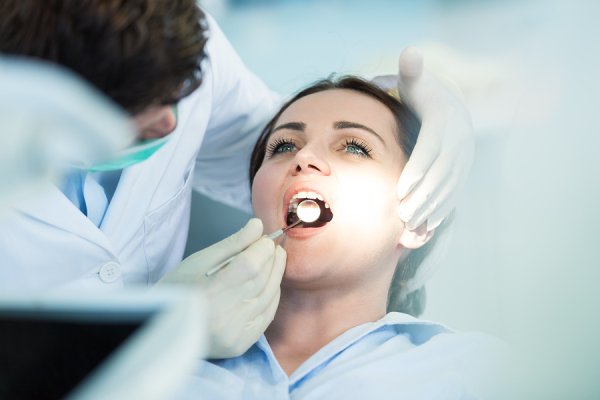
Dental implants are heralded for their effectiveness and durability, but they are also versatile. No matter how many of your teeth you’re missing, dental implants may present a viable solution. Here’s a look at dental implants for those who have lost multiple teeth.
When you lose several teeth in a row, the bone in that area can suffer from resorption. The good news is that you may not need a separate implant to replace each missing tooth. Instead, your dentist can place an implant where the first and last teeth were, and create a bridge with the teeth in the middle. After taking the necessary x-rays, the implants and temporary crowns can be placed. Then, once the implants and the jawbone have fused, the bridge of your permanent teeth can be placed / final prothesis. This fills out your smile and stimulates your jawbone to prevent resorption.
If you’d like more information about dental implants in Chicago, don’t hesitate to contact the professionals at University Associates in Dentistry. We are a team of experienced dentists who handle everything from teeth whitening to Invisalign. Call us at (312) 704-5511 to see what we can do for you.


 You are suppose to have missing teeth when you’re a child, but your adult teeth are meant to stay in your mouth.
You are suppose to have missing teeth when you’re a child, but your adult teeth are meant to stay in your mouth. 





